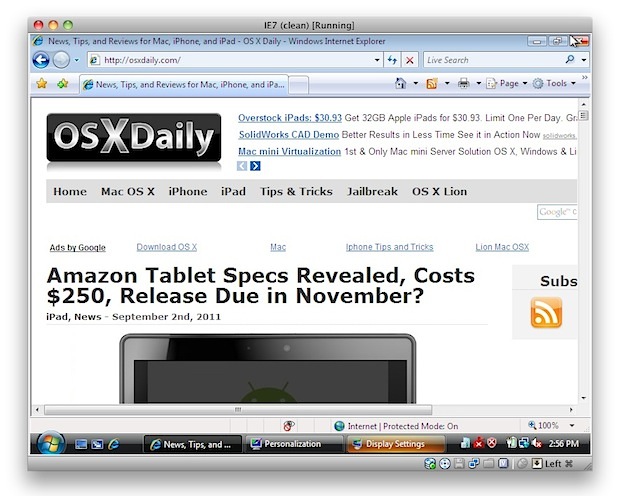

- #Internet explorer for mac develop update
- #Internet explorer for mac develop full
- #Internet explorer for mac develop android
- #Internet explorer for mac develop free
There aren’t many features that Safari is still missing. Features and bugsĬan I use provides a comparison of supported features between the latest versions of the major browsers. As a result, it’s not a big problem in practice for Safari updates to coincide with OS updates. For example, iOS 14 works on iPhones all the way back to the iPhone 6S, which is five years old at this point. It also helps that Apple supports devices going back several years.
#Internet explorer for mac develop android
New iOS versions tend to reach high adoption rates soon after launch, especially when compared to adoption rates for new Android versions. Now that they’re free, there is much less friction in getting people to upgrade.Īpple is also persistent in pushing updates, such as by issuing repeated prompts to update. In the past, we had to pay for new Windows and OS X versions.
#Internet explorer for mac develop free
The first is that OS updates are free now. However, this is mitigated by a couple factors. Safari is in a similar situation because its updates are also tied to OS updates. So even if new IE versions fixed issues and implemented features, there was still the problem of users being stuck on older versions of IE because they hadn’t upgraded Windows.
#Internet explorer for mac develop full
Click here to see the full demo with network requests For example, Windows XP only supports up to IE 8, and Windows Vista only supports up to IE 9. Each version of Windows only supports up to a certain version of IE. “This bug affects 95 percent of our users” is simply not as alarming as “this bug affects 19 percent of our users.” OS updatesĪnother big issue with IE is its relationship to new Windows versions. Unless a website has a disproportionately large iOS and iPadOS user base, any issues with Safari are unlikely to be as severe in impact as issues that were unique to IE in its heyday. That’s nowhere near IE’s former level of monopoly-like dominance. Safari is still only about 19 percent of the total browser market. Nevertheless, the overall situation is much better than the past one with IE. So any web developer who cares about iPhone and iPad users absolutely has to care about Safari. Even Chrome and Firefox for iOS have to use WebKit under the hood to comply with Apple’s App Store review guidelines:Īpps that browse the web must use the appropriate WebKit framework and WebKit Javascript. But it’s also important to know that Safari’s engine, WebKit, is the only browser engine allowed on iOS.

The vast majority of iPhone users use Safari. That’s a fairly large population on its own, but the bigger reason developers have to pay attention to Safari is because of its mobile version on iOS and iPadOS. On desktop, Chrome is the clear leader, with about 68 percent of the market. Market shareīeing the next IE implies having a market share that is large enough for many developers to worry about. Let’s consider the similarities and differences between the IE and Safari situations to see how valid the comparison is as we head toward the end of 2020. While IE is very close to becoming a relic of internet history, some people have claimed that Safari is the new IE. Microsoft services will drop support in 2021, and Windows will start to automatically launch certain websites in Edge when users try to open them in IE.

#Internet explorer for mac develop update
While Microsoft will update IE 11 for the entirety of Windows 10’s lifespan, they are aggressively pushing to get people off of IE. In 2016, the company ended support for all versions under 11. IE was so popular that it maintained a persistent market share even after Microsoft themselves moved on from it with Edge. IE caused web developers a lot of pain, however, because many bugs applied exclusively to IE and because it sometimes lagged behind in implementing new features after the W3C standardized them. As Firefox and Chrome grew more popular, it became increasingly important for web developers to build websites with cross-browser compatibility in mind. Is Safari the next Internet Explorer?Īt its peak in 2004, Microsoft’s Internet Explorer (IE) accounted for an estimated 95 percent of the browser market.


 0 kommentar(er)
0 kommentar(er)
